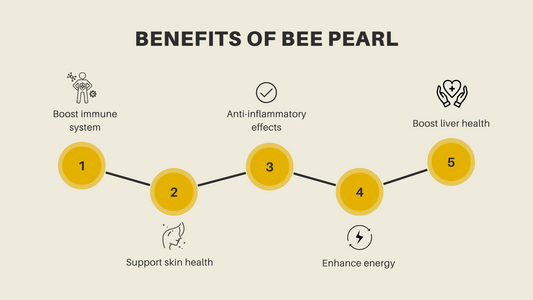Microelements, also known as trace elements, are chemical elements that are required by the body in very small amounts. They are essential for the proper functioning of the body's cells, tissues, and organs. Microelements include iron, zinc, copper, iodine, selenium, fluoride, and molybdenum.
Microelements are not produced by the body and must be obtained from the diet. A deficiency in microelements can lead to a variety of health problems, including anemia, impaired growth and development, and neurological disorders.
The best way to ensure that you are getting enough microelements is to eat a balanced diet that includes a variety of foods from all food groups. Some good sources of microelements include:
- Iron: red meat, poultry, fish, beans, lentils, and spinach
- Zinc: red meat, poultry, seafood, nuts, and seeds
- Copper: shellfish, nuts, and seeds
- Iodine: seafood, dairy products, and iodized salt
- Selenium: Brazil nuts, seafood, and whole grains
- Fluoride: water fluoridation, tea, and some fruits and vegetables
- Molybdenum: legumes, whole grains, and organ meats
If you are concerned that you may not be getting enough microelements, talk to your doctor. They may recommend that you take a supplement.
Here are some of the important functions of microelements in the body:
- Iron is essential for the production of hemoglobin, which carries oxygen in the blood. A deficiency in iron can lead to anemia, which is characterized by fatigue, shortness of breath, and pale skin.
- Zinc is essential for the growth and development of cells, tissues, and organs. It is also involved in the immune system, wound healing, and the production of testosterone. A deficiency in zinc can lead to impaired growth and development, impaired immune function, and delayed wound healing.
- Copper is essential for the production of red blood cells and the maintenance of the nervous system. It is also involved in the production of melanin, which gives skin and hair their color. A deficiency in copper can lead to anemia, impaired nervous system function, and a loss of pigmentation in the skin and hair.
- Iodine is essential for the production of thyroid hormones, which regulate metabolism. A deficiency in iodine can lead to hypothyroidism, which is characterized by fatigue, weight gain, and cold intolerance.
- Selenium is an antioxidant that protects cells from damage. It is also involved in the production of thyroid hormones and the immune system. A deficiency in selenium can lead to an increased risk of cancer, heart disease, and neurological disorders.
- Fluoride is added to water in many parts of the world to help prevent tooth decay. It works by making the teeth more resistant to acid attacks.
- Molybdenum is a cofactor for several enzymes that are involved in the metabolism of carbohydrates, proteins, and fats. A deficiency in molybdenum is rare.
Microelements are essential for good health. By eating a balanced diet and getting enough microelements from food, you can help to keep your body healthy and functioning properly.




